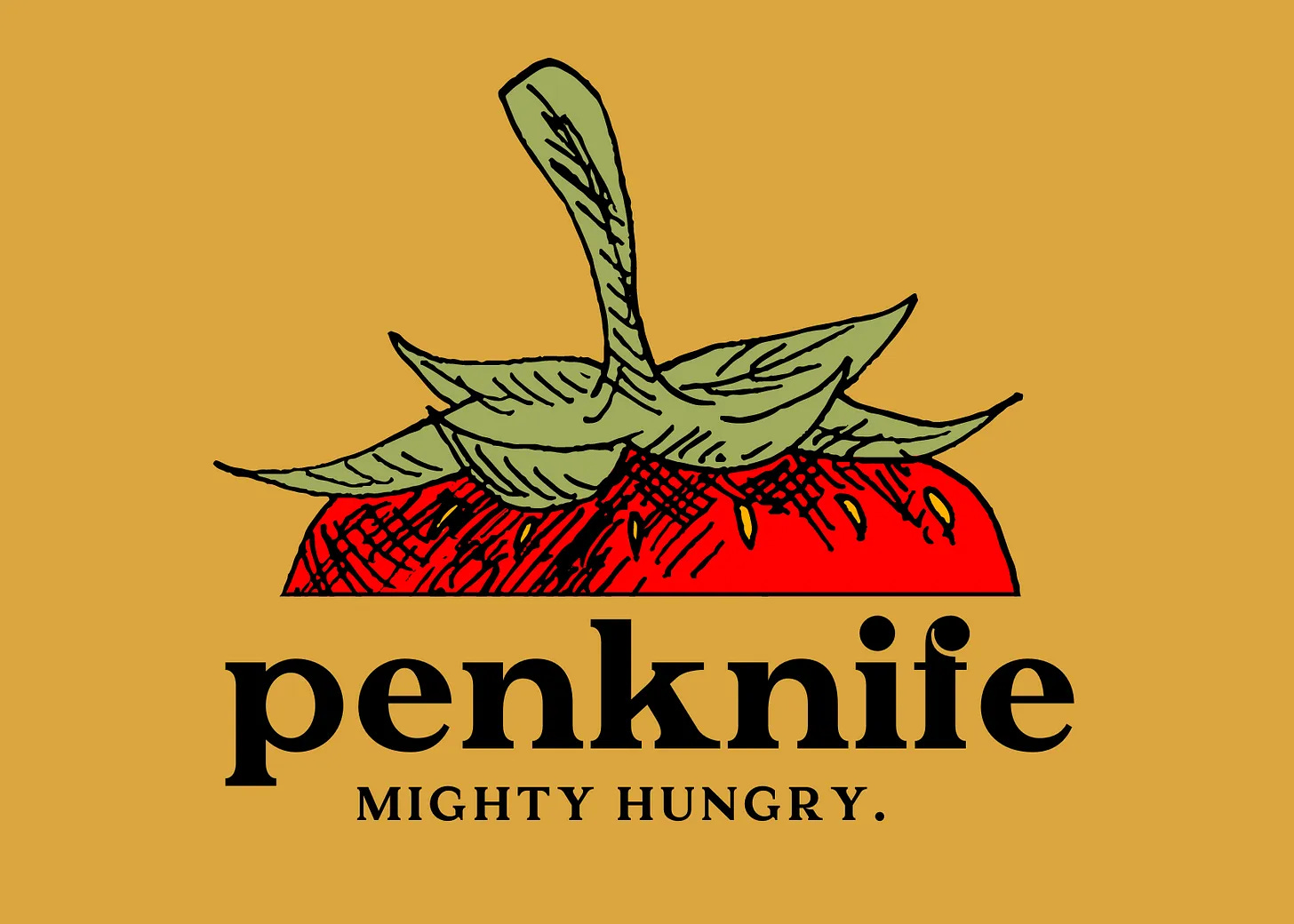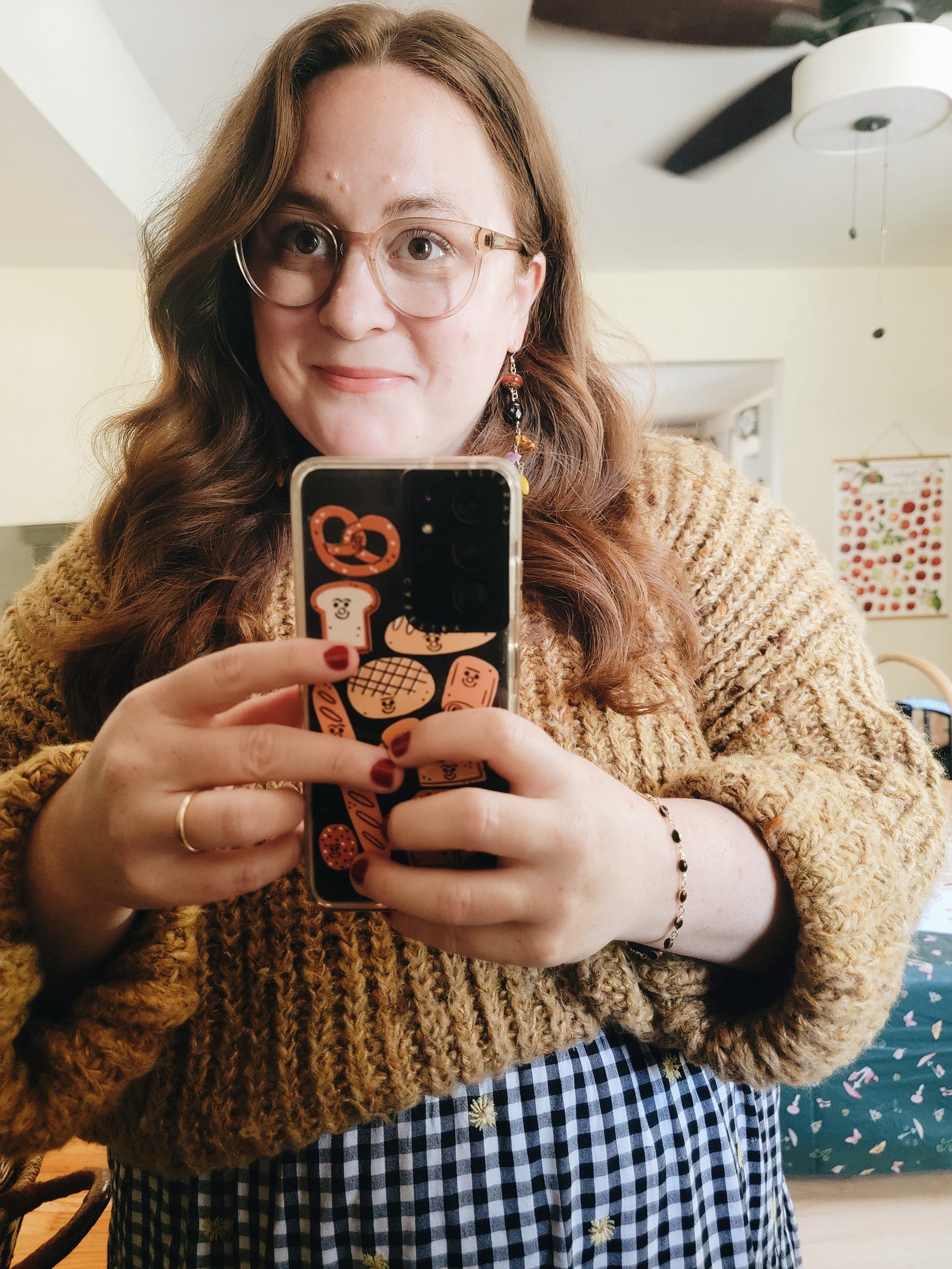About PENKNIFE:
penknife, n.
Originally: a small knife for use in making and mending quill pens. Now usually: a pocket knife with one or more blades (and occasionally other tools) designed to fold back into the handle when not in use.
The pen is mightier than the sword, but only if that pen is sharp, witty, well-rested, and, perhaps most importantly, well-fed. Where penknives once sharpened our writing tools, they now serve a more interdisciplinary purpose, slicing, dicing, cutting, sharing, and slathering. More deft than a pocket knife and possessing a flexibility lacking in most kitchen tools, the penknife is a device that has stood the test of time (and technological advancement) to remain relevant and become something new. The penknife is both history and modern day, specific and widely applicable, methodical and unlimited. It is a means to create both words and food.
I chose the name PENKNIFE for this blog because it represents the interdisciplinary nature of my work and research within the developing field of food studies and how that field applies to the real world of food. The penknife serves as a physical symbol of how food can be metaphorical, contextual, literal, ephemeral, and universally applicable, all while spanning the great stretches of time, place, gender, and race.
PENKNIFE is stories, recipes, and bite-sized bits of food history.
About the writer:
My name is KC Hysmith. My pronouns are she/her/hers.
I’m a food scholar who writes about how the past impacts the way we eat and think about food today. I have a PhD in American Studies from the University of North Carolina at Chapel Hill and an MLA in Gastronomy from Boston University. Aside from those, I have over a decade of experience in the food industry as a food writer, recipe developer, and photographer. You can read more about my other work and bylines here. And follow me on Instagram and TikTok, too.
When asked why recipes and cookbooks matter when talking about food studies, I side with food and gender scholars Arlene Avakian and Barbara Haber who say that "good writing in this area requires something of a sensual response to food and the knowledge that comes from cooking and serving it" (From Betty Crocker to Feminist Food Studies, Avakian and Haber, 2005).




